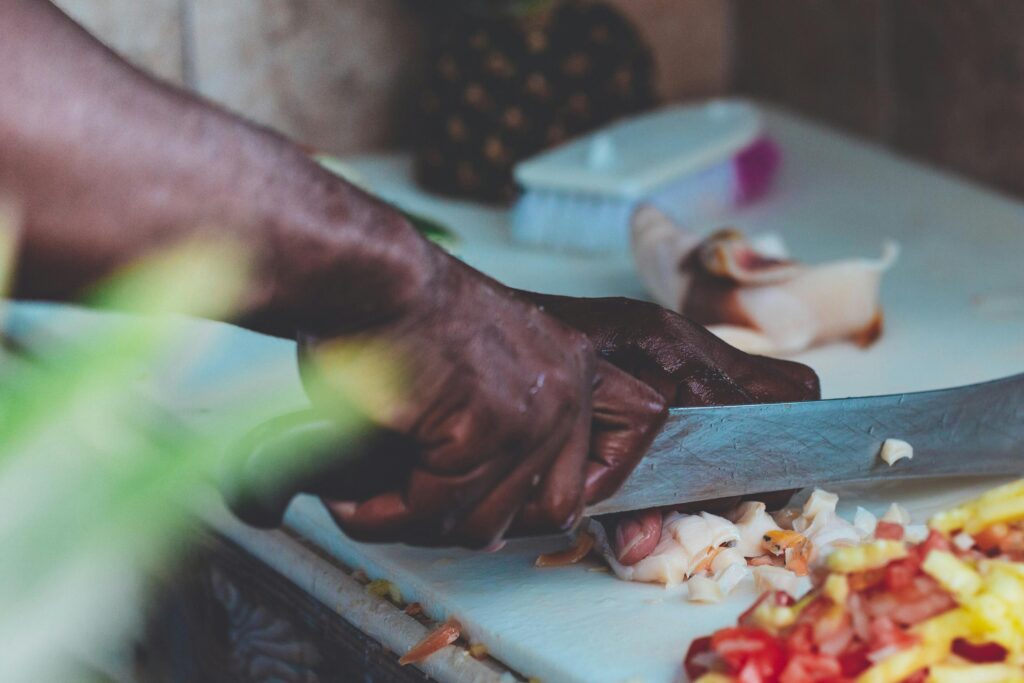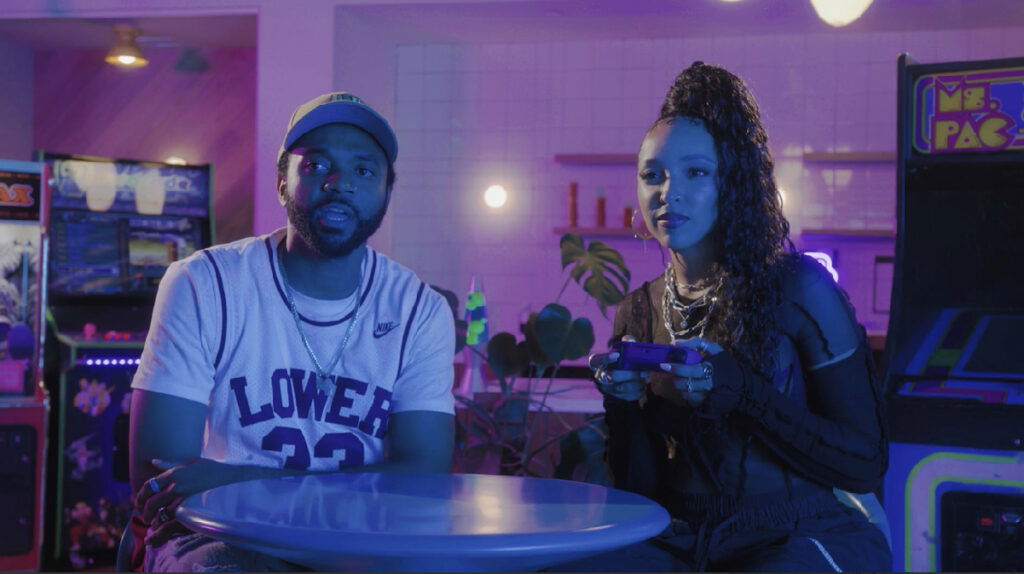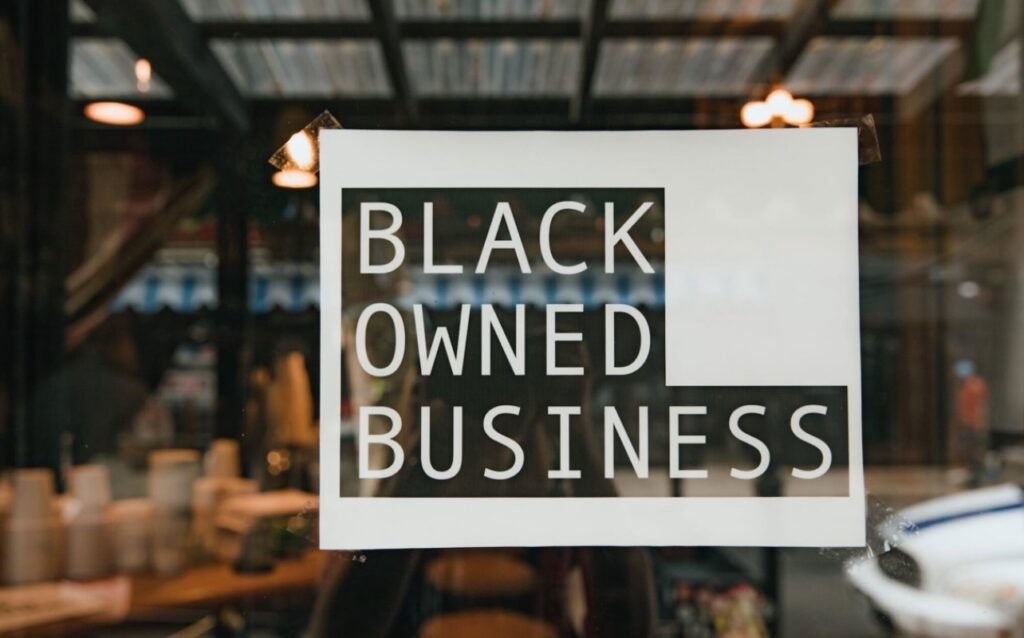‘Being Black: The ’80s’: De La Soul’s song captures the devastating effects of the crack epidemic
OPINION: De La Soul's "My Brother's a Basehead" takes us into the impact of crack on its users and their families. The post ‘Being Black: The ’80s’: De La Soul’s song captures the devastating effects of the crack epidemic appeared first on TheGrio.
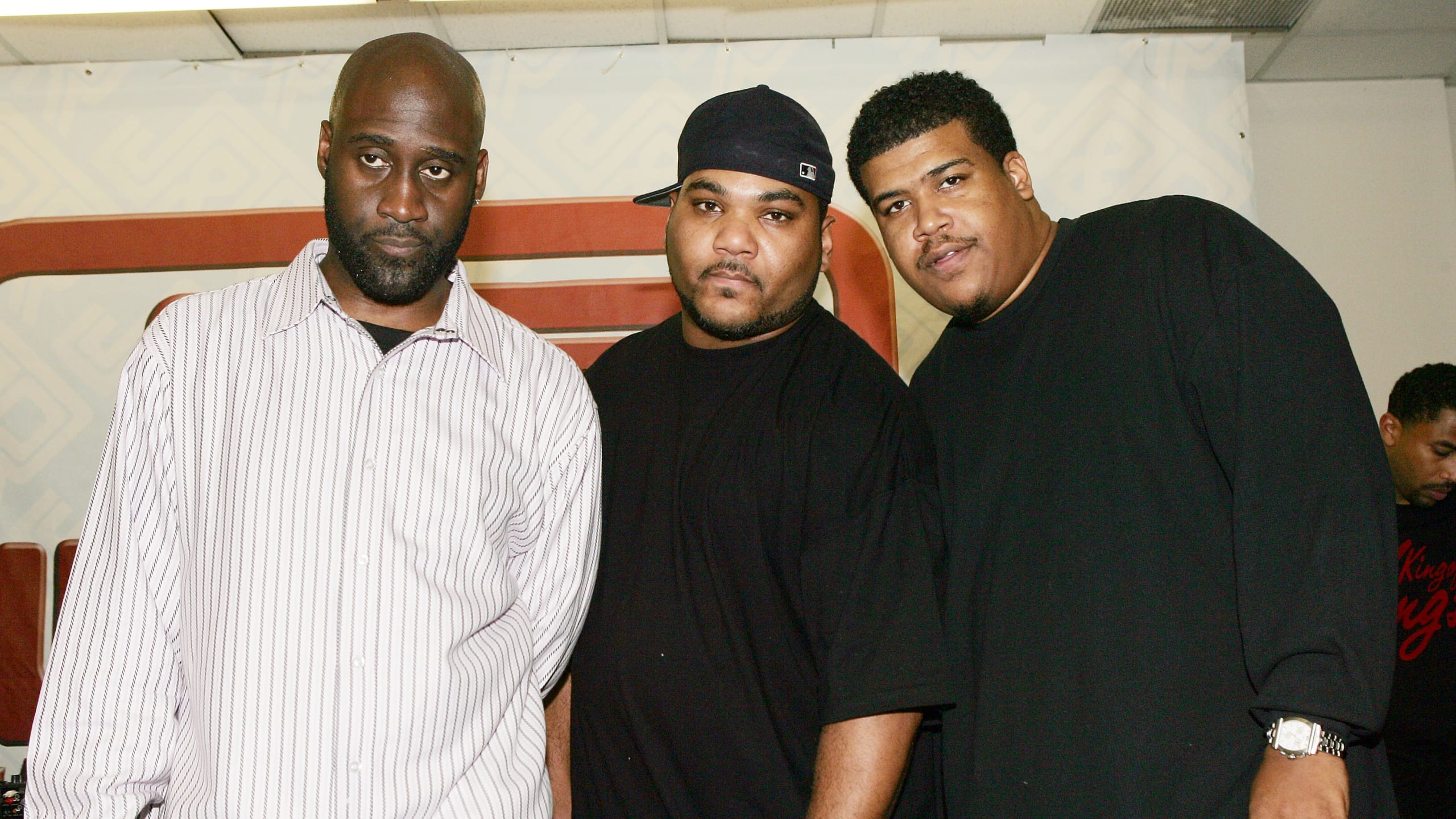
OPINION: De La Soul’s “My Brother’s a Basehead” takes us into the impact of crack on its users and their families.
Editor’s note: The following article is an op-ed, and the views expressed are the author’s own. Read more opinions on theGrio.
Crack had a massive impact on the Black community in the 1980s. It would be impossible to do a podcast like “Being Black: The ’80s” and not talk extensively about crack. People smoked it and experienced the most intense high they had ever had, and the chase to feel like that again ruined millions of lives.
De La Soul is not one of the hip-hop groups that talked a lot about street life. They were proudly suburban at a time when that made them stand out among hip-hop artists. Quick story: I was a suburban kid who loved hip-hop from the first time I heard “Rapper’s Delight,” and I felt deeply connected to hip-hop as I watched the culture grow in the years after that song dropped. Hip-hop was the music I loved most as a kid. It was part of my identity, but then De La came out and I realized that as far as rappers, no one represented me or symbolized me better than De La. If I could rap, they were what I would be. Their suburbanness, their intelligence and their sense of humor all spoke to who I was. They became my favorite group of all time. But I digress. Even though De La was all about everything that rappers weren’t normally about, like so many Black people back in the ’80s, they did have a crack problem in their family.
Crack was so pervasive in the ’80s that living in suburbia was not enough to insulate you from the crack epidemic. De La’s Posdnous had a brother who was battling a crack addiction, and out of that experience he recorded the best song ever made about being in a family with a crack addict: “My Brother’s A Basehead.” That song is at the center of episode two of “Being Black: The ’80s,” and it leads us into a conversation about the overall impact of crack.
“My Brother’s A Basehead” is one of those songs that spring from the artist’s real life. Posdnous is telling the story of what happened to him and his family because of his brother’s addiction. It wasn’t quite a cry for help because Posdnous himself wasn’t in trouble, but it was perhaps a way of Pos speaking to his brother about hurting the family. Producer Prince Paul, who’s sometimes referred to as a member of De La, comes through in this episode to talk about the making of the song and what really happened to Pos’ brother.
Meanwhile, another major hip-hop group was dealing with having a crack addict in the family in a whole different way. Public Enemy was, in many ways, the exact opposite of De La. Where De La was about having fun and being smart, Public Enemy was overtly political and they were as serious as a heart attack. They positioned themselves as the sons of Malcolm X and the Black Panthers so you knew they were going to decry the crack epidemic as often and as loudly as possible.
Quick aside — one of the hallmarks of “Being Black: The ’80s” is that I generally bring up a second song as a way to help further explain the episode’s central song. In this episode, that second song is Public Enemy’s “Night of the Living Baseheads,” which is Chuck D’s way of sermonizing about the evils of crack and shaming those who used crack. P.E.’s producer Hank Shocklee comes through to explain the origins of the song, which goes back to a movie he saw in his childhood — “Night of the Living Dead.”
But it was very interesting to hear Public Enemy shame crackheads while there was a crack addict in their musical family. Flavor-Flav battled addiction for years, including while he was in the group. I asked Shocklee if they knew that Flav was doing crack. He said, “Yes and no.”
You’ve gotta hear the whole story of how De La and Public Enemy dealt with crack in their families in very different ways. That, and the impact of crack, is at the heart of episode two of Being Black: the 80s. Available now wherever you get your podcasts.
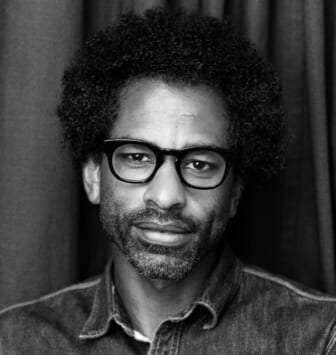
Touré is a host and Creative Director at theGrio. He is the host of the docuseries podcast “Being Black: The ’80s.” He is also the host of the podcast “Toure Show” and the podcast docuseries “Who Was Prince?” He is the author of eight books including the Prince biography Nothing Compares 2 U and the ebook The Ivy League Counterfeiter.
TheGrio is FREE on your TV via Apple TV, Amazon Fire, Roku, and Android TV. Please download theGrio mobile apps today!
The post ‘Being Black: The ’80s’: De La Soul’s song captures the devastating effects of the crack epidemic appeared first on TheGrio.










